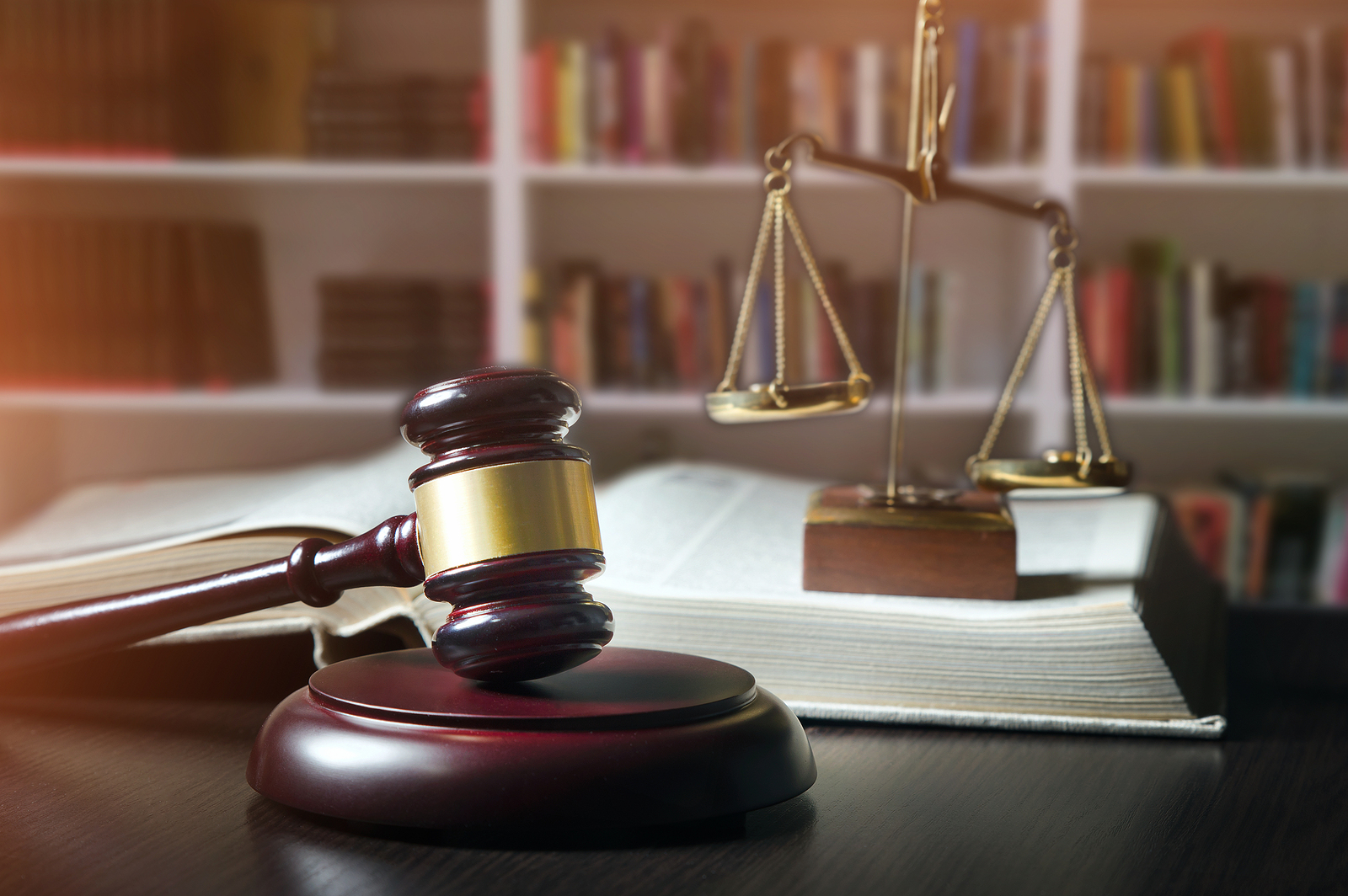Inculpatory Evidence: The Importance of a Strong Defense
If you have been charged with a criminal offense in Nevada, the prosecutor will attempt to gather inculpatory evidence that can be used against you at trial. Your criminal defense attorney will try to get that evidence excluded and/or attempt to mitigate the impact of that evidence as part of your overall defense strategy. To help you understand and participate in your criminal case, attorneys at The Vegas Lawyers explain the relevance of inculpatory evidence and the importance of a strong defense.

Inculpatory vs. Exculpatory Evidence
The judicial system in the United States requires the prosecution in a criminal case to prove a defendant guilty beyond a reasonable doubt to secure a conviction. To accomplish that, the prosecution must present compelling evidence of guilt sufficient to convince the judge or jury to find the defendant guilty. Such evidence is referred to as “inculpatory” evidence. Inculpatory evidence, therefore, is any evidence that helps establish the defendant’s culpability. By contrast, evidence that indicates the defendant is innocent or that casts doubt on evidence presented by the prosecution is referred to as “exculpatory” evidence.
What Are Some Common Examples of Inculpatory Evidence?
Although almost anything could be used as inculpatory evidence, most inculpatory evidence falls into one of the following categories:
- Eyewitness Testimony: Anyone who witnessed the crime occurring, or who has first-hand knowledge of the crime may be asked to testify at trial. Prior to trial, the prosecution may question an eyewitness in a deposition to find out exactly what the witness knows and will testify to at trial.
- Physical Evidence: Physical evidence can take many forms in a criminal case, including DNA results, fingerprints, drugs and weapons, articles of clothing, and documents.
- Expert Testimony: Expert testimony is often needed to explain or substantiate other types of evidence. For example, the prosecution might need a blood splatter expert to testify to explain why the victim could not have committed suicide.
- Confessions (Statements Made by the Defendant): Statements made by the defendant, either in writing or during a conversation with law enforcement officers, may be introduced as evidence of the defendant’s guilt.
What Does Nevada Law Say About Inculpatory Evidence?
To build a strong defense, your criminal defense attorney needs to know what inculpatory evidence the prosecution intends to use against you. Fortunately, Nevada law requires the prosecution to disclose that evidence to the defense prior to trial. Specifically, NRS 174.235 allows the defense to inspect and copy or photograph the following types of inculpatory evidence:
- Written or recorded statements or confessions made by the defendant, or any written or recorded statements made by a witness the prosecuting attorney intends to call during the case in chief of the State.
- Results or reports of physical or mental examinations, scientific tests, or scientific experiments made in connection with the particular case.
- Books, papers, documents, and tangible objects.
How Does Understanding Inculpatory Evidence Help Build a Strong Defense?
Nevada law requires the prosecution to disclose to the defendant the evidence it intends to introduce at trial, which allows the defendant to develop a defense strategy that may include:
- Excluding Inculpatory Evidence: Your defense attorney may attempt to have the evidence excluded from trial. If the evidence was obtained illegally, during an illegal search and seizure, for example, the judge may prevent the prosecution from using the evidence at trial.
- Mitigating the Impact of Inculpatory Evidence: Your defense attorney may try to mitigate the impact of inculpatory evidence. For instance, your attorney may call into question the character and reliability of a witness who testifies against you.
- Introducing Exculpatory Evidence: A strong defense strategy might include exculpatory evidence, such as alibi evidence that indicates you were somewhere else when the crime occurred.
What Should I Do If I Have Been Charged with a Crime in Las Vegas?
If you have been accused of committing a crime in Las Vegas, consult with the experienced criminal defense attorneys at The Vegas Lawyers as soon as possible to discuss your next steps. Call us at 702-707-3000 or contact us online.

